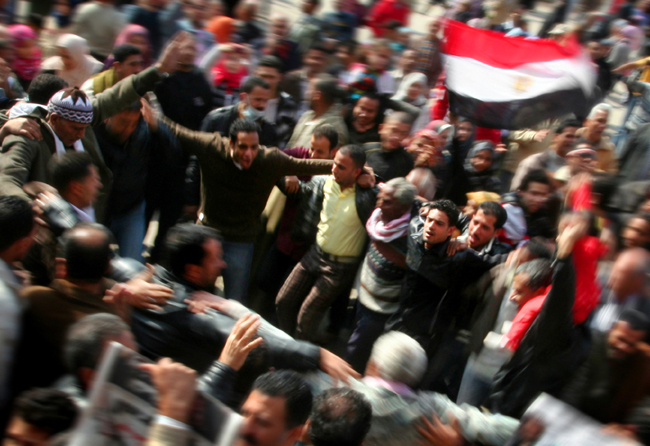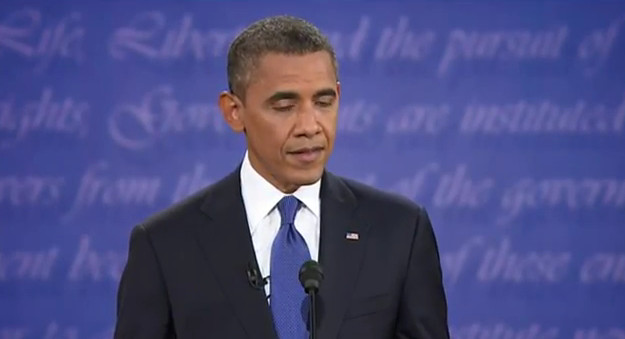When you can’t pay the piper you can’t call the tune.
Listen to the broadcast of You Tell Me on KTBB AM 600, Friday, September 14, 2012.
Mayhem has again broken out in the Middle East. On the very day of the 11thanniversary of the Sept. 11, 2001 terrorist attacks on the Pentagon and the World Trade Center, coordinated attacks were carried out on the U.S. embassy in Cairo, Egypt and upon the U.S. consulate in Benghazi, Libya. In the case of the latter, American ambassador Christopher Stevens and three members of his staff were killed in a rocket attack as they attempted to flee the U.S. facility.
As we take all of this in early in the 21st century, it is useful to consider regional history dating to the late 19th and early 20th centuries.
At least until the period between the world wars, Great Britain was what we now call a superpower. As such, Britain held great sway in the Middle East. The British Navy patrolled the Mediterranean Sea and in so doing suppressed piracy and enabled maritime commerce. British superintendence of the financial affairs of Egypt enabled the Egyptians to embrace modernity and can be seen even today in Egypt’s relatively good credit rating. And Britain’s 40-plus percent ownership of the strategically-vital Suez Canal gave the Crown great leverage and significant sway in the broader Middle East.
During this time, Britain was the world hegemon and she used that power to further British interests. Because the Brits are the Brits, which is to say civilized, their pursuit of their own interests turned out to be largely in the broader interests of the civilized world. Great Britain was, on balance, a force for good.
But then came back-to-back world wars; the survival of which by Great Britain would be purchased at the cost of her once-mighty empire. Hitler’s predations in particular happened because of his calculation that the Brits, still reeling from World War I, lacked the ability to stop him once he got rolling.
On one indeterminate day in World War II, the United States of America for the first time had more men in uniform and more naval vessels at sea than Great Britain. And in that moment, world hegemony changed hands.
Never has a transfer of strategic power been so peaceful.
So similar in heritage, language, law, democratic tradition and commitment to property rights and free markets were the U.S. and Great Britain, that most of the world scarcely noticed the change.
For the next six and a half decades, everyone on Earth—from the malign old men of the Soviet Politburo to the tin pot dictators of Africa and Latin America – knew that to get too far out of line was to risk the arrival of a U.S. Navy carrier task force or the 82nd Airborne.
Despite what those hellbent on apologizing for America might believe, the burden of maintaining lawful order in the world is not one the United States sought. Events doomed us to it.
But the seamless handoff of world hegemony from one powerful yet peaceful Anglo-Saxon society to another is not on offer this time around. The mayhem now gathering steam in Egypt and Libya, as well as Yemen, Iraq and Syria, is a stark glimpse of life on Planet Earth post Pax Americana.
As the Brits learned, when the money drains away, the power to control events drains away with it. Thus the punditry that chatters on the question of the 2012 presidential election being about economic policy on the one hand or foreign policy on the other is silly. U.S. economic policy and U.S. foreign policy are of a piece.
The Brits were made to understand that when you don’t have money – when you can’t build ships and pay the sailors to man them – bad guys pay you little mind. When the parlous state of America’s finances puts us in the same position, there won’t be some benign power to step in the way we stepped in for Great Britain.
That’s why a national debt of $16 trillion that is growing at the rate of a trillion dollars a year isn’t an economic issue. It’s a strategic one. And it’s one that we continue to ignore at the risk of social and economic chaos, the beginnings of which we are witnessing right now.









You hit the nail on the head. I just wish you and so many other of my fellow conservatives had been this outspoken and diligent about our spending during thew Bush Jr. years.
Your post reminds of another time when a group of barbarians revolted against British attempts to impose “civilization” upon them. Britain had provided economic and military support to these people for over a century, but when Britain asked them to assist with the fraction of the cost of these amenities, these backwood yahoos went absolutely ape. Using the type of guerrilla mob tactics similar to what we witnessed in the Middle East this week, these barbarians eventually convinced the British that trying to civilize these people was hopeless, and thus they abandoned them to their fate.
Initially the British were proven right. Freed of the moderating effect of European civilization, the Barbarians proceeded to attack and conquer vast amounts of territory from their neighboring countries while waging a program of genocide on the indigenous population that would make Hitler green with envy. The cap-off came when the barbarians turned on each other, slaughtering over half a million of their fellow countrymen to resolve an issue most every other civilized nation was able to settle with the stroke of a pen.
Of course these barbarians eventually became the United States of America.
Whether you seek to impose totalitarianism or civilization, it is still an imposition, and thus still falls under the heading of tyranny. It makes no difference how strong or how rich you are, people will always resent any attempt to impose ones beliefs or culture upon them. Our exploitation of these people (which no American, including Barack Obama, has ever apologized for) is undefendable, even under the false pretense of introducing “freedom, democracy, and civilization” upon them.
The depths of insane logic (that some will plumb in order to shout their “hate America first” blather) never ceases to amaze me. I’m glad that hatred on this order is self-defeating and holds the seeds of self-destruction, therefore, limiting its influence on Americans that continue to love and defend this country and its heritage built on a moral foundation of unalienable rights granted by our Creator.
George Bush allowed the US Debt to increase from $6 trillion to $10 trillion in eight years, a 67% increase. Barack Obama allowed the US debt to increase from $10 trillion to $16 trillion in 4 years, a 60% increase. It should be obvious that both Presidents share the same fiscal philosophy, but to a different degree.
The Progressive/Socialist view of government spending has been part of the fabric of US politics since the Progressive Federal Income Tax system was adopted over 80 years ago. It is a fact that this system has given the Socialists that believe in Shared Prosperity a huge advantage in forcing the rich to “share” their wealth with the poor through government re-distribution of the wealth via government taxation. This system has no mechanism to limit government spending and taxation since those bearing the tax burden are vastly outnumbered by those who are the recipients of the spending.
Why the panic? The country has been operating this way for decades and we are still able to maintain a much higher standard of living than most of the rest of the world. The so-called conservatives that oppose this system have never been able to slow down or reverse this trend. They are chronic complainers that have never been able to gain a following among the population. Their predictions of doom never seem to happen. Let’s face it, they simply don’t want to SHARE and don’t believe in FAIRNESS.